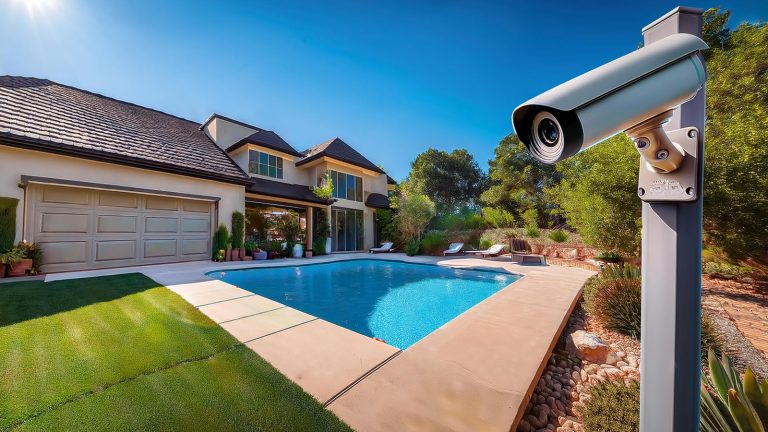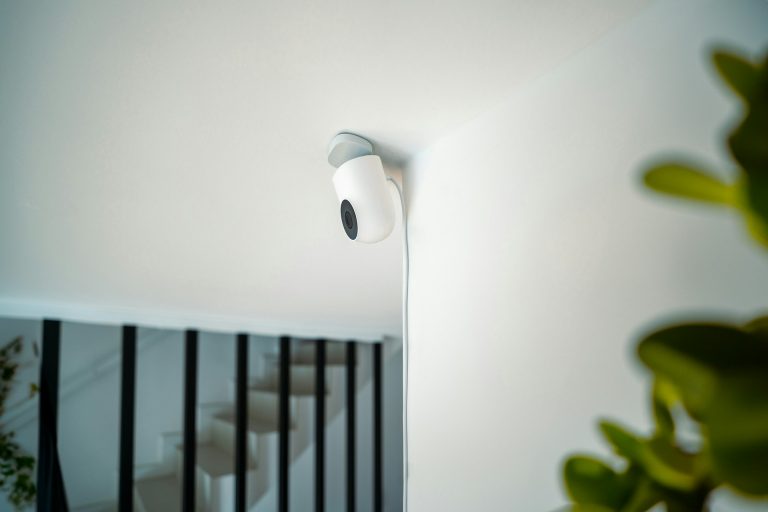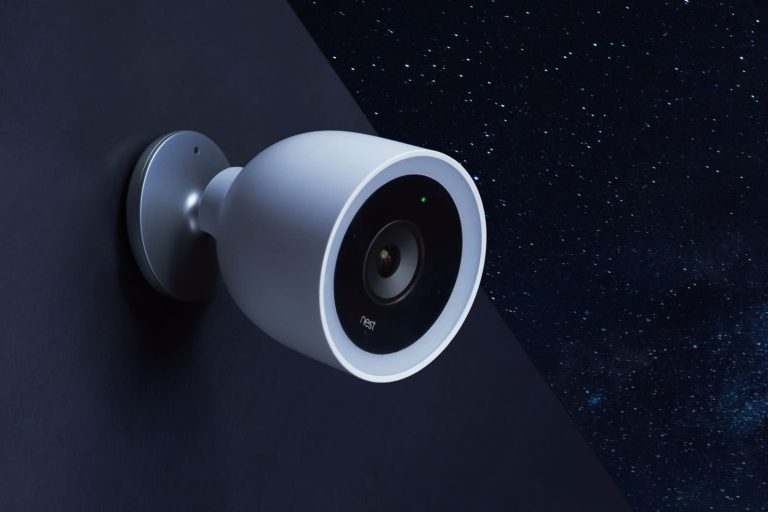In the ever-evolving landscape of home security, the integration of Artificial Intelligence (AI) has emerged as a game-changer. AI, with its ability to learn, adapt, and make decisions, has paved the way for a new era in safeguarding our homes. Let’s delve into the intricacies of AI in home security and how it acts as a virtual guardian for modern households.
The Rise of AI in Home Security
Traditional home security systems relied on static mechanisms, often triggered by predefined rules or manual inputs. AI, however, introduces a dynamic and learning component to these systems. Machine learning algorithms enable AI to analyze patterns, recognize anomalies, and adapt to changing circumstances, providing a more robust and responsive security infrastructure.
Smart Cameras with Cognitive Abilities
One of the key applications of AI in home security is through smart cameras equipped with cognitive abilities. Unlike conventional cameras that merely record footage, AI-driven cameras can actively interpret what they see.
These cameras can distinguish between regular activities and potential threats, reducing false alarms and increasing the efficiency of surveillance.
For instance, AI-enabled cameras can recognize familiar faces, allowing them to distinguish between family members and unknown individuals. This feature minimizes unnecessary alerts and ensures that homeowners are promptly notified only when there’s a genuine cause for concern.
Behavioral Analysis for Intruder Detection
AI takes home security a step further with behavioral analysis. By learning the typical behaviors of residents, AI systems can identify anomalies that might indicate a security threat. This includes recognizing unusual movements, unfamiliar faces, or irregular activities within and around the home.
If a pattern emerges that deviates from the norm, the AI system can trigger alerts or even initiate pre-defined responses, such as activating additional security measures or alerting law enforcement. This level of proactive security is a significant advancement in protecting homes and deterring potential intruders.

Voice-Activated Controls and Virtual Assistants
AI-driven home security systems often integrate with voice-activated controls and virtual assistants. Homeowners can manage and monitor their security systems using voice commands, providing a seamless and user-friendly experience.
Virtual assistants, powered by AI, can also analyze data from various sensors and devices, offering real-time updates on the security status of the home. Who is leading the AI race? Many argue Google, and this may be a good reason to stick with Google smart home products – or at least sync your existing cameras and home security products with Google.
Privacy Concerns and Ethical Considerations
While the benefits of AI in home security are evident, it also raises important privacy and ethical considerations. The collection and analysis of personal data by AI systems necessitate robust privacy measures. Homeowners must be aware of the information being processed and stored by these systems and have control over how their data is used.
The Future of Home Security
AI has undeniably revolutionized the landscape of home security, providing a more intelligent, adaptive, and efficient approach to safeguarding our homes. As technology continues to advance, the role of AI as a virtual guardian is likely to expand further, offering homeowners unprecedented levels of security and peace of mind.
However, with this power comes the responsibility to address privacy concerns and ethical considerations, ensuring that the benefits of AI in home security are balanced with the protection of individual rights. The future of home security is undoubtedly intertwined with the capabilities of AI, promising a safer and more intelligent living environment for households around the world.





